Part of the California State University, Fullerton Faculty Noon Time Talks at the Pollak Library.
Watch this entire presentation
Subscribe to Rosanne’s Channel and receive notice of each new video!
Transcript:
Lucille Kallen worked in a lot of those early sketch shows — Your Show Of Shows and things like that with Sid Caesar. She’s a really cool lady. I like this quote. She kind of falls out of the history but her work on that show plus this woman, Selma Diamond, who more people know as an actress from a show called Night Court, but Selma and Lucille were writers on Your Show Of Shows and when the writers created The Dick Van Dyke Show that’s who Sally Rogers is. She’s a composite of those two ladies right because they understood there was always one lady in those kinds of shows and she’s always a single lady who can’t find a guy and all that nonsense and that was true of both Lucille and Selma. They were unmarried. When Neil Simon wrote Laughter on the 23rd Floor which was the story of writing for the Sid Caesar show. This is what he had to say about Lucille — actually, Mel Tolkin said this. So she’s doing all the work but she’s not telling people about it. Women have to learn to tell their own stories so that we are remembered in history.
Dr. Rosanne Welch discusses the women in her new book “When Women Wrote Hollywood” which covers female screenwriters from the Silents through the early 1940s when women wrote over 50% of films and Frances Marion was the highest paid screenwriter (male or female) and the first to win 2 Oscars. Yet, she fails to appear in film history books, which continue to regurgitate the myth that male directors did it all – even though it’s been proven that the only profitable movies Cecil B. de Mille ever directed were all written by Jeannie Macpherson film ever won for Best Picture was written by Robert E. Sherwood (who people have heard of, mostly due to his connection to Dorothy Parker) and Joan Harrison.
Buy a signed copy of when Women Wrote Hollywood
Paperback Edition | Kindle Edition | Google Play Edition
* A portion of each sale from Amazon.com directly supports our blogs
** Many of these books may be available from your local library. Check it out!
† Available from the LA Public Library
Podcast: Play in new window | Download
Subscribe: RSS
![42 Lucille Kallen and Selma Diamond from “When Women Wrote Hollywood” with Dr. Rosanne Welch[Video] (1 minute 2 seconds)](https://rosannewelch.com/wp-content/uploads/2020/02/csuf-rmw-w3h-42.jpeg)
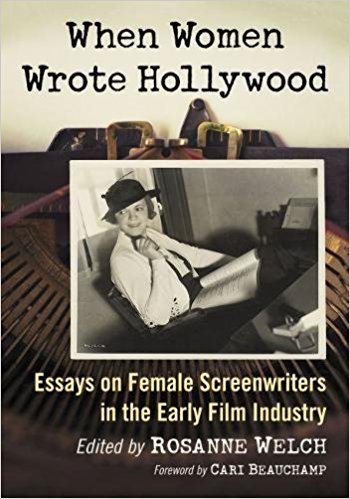
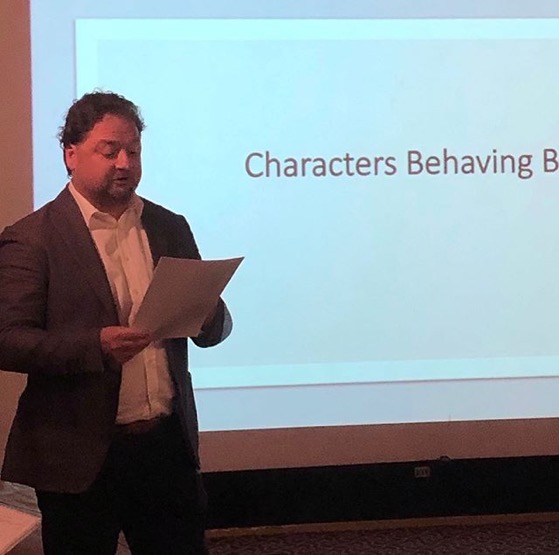
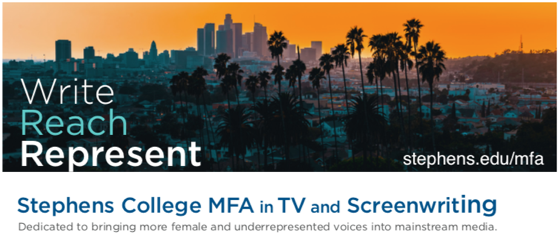




![39 Buffy The Vampire Slayer from The Sisterhood of Science Fiction – Dr. Rosanne Welch [Video] (48 seconds)](https://rosannewelch.com/wp-content/uploads/2020/02/scifi-rmw-cpp-39.jpeg)



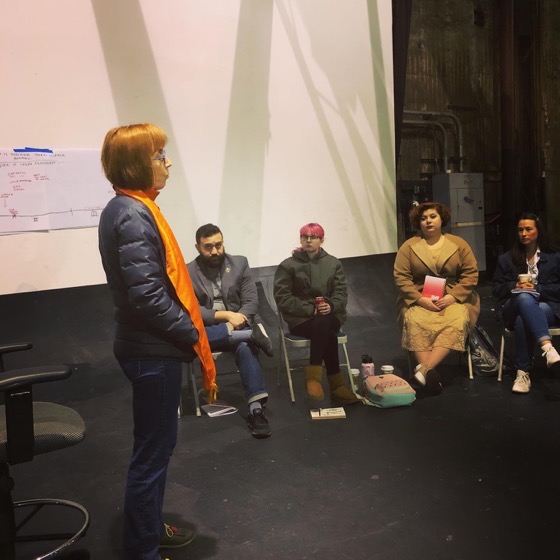
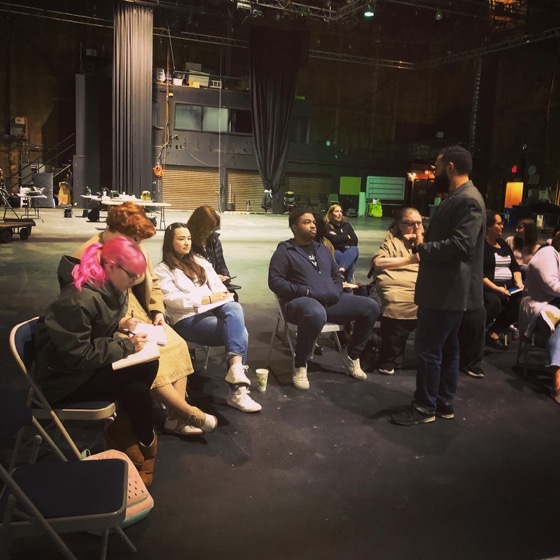
![41 Madelyn Pugh, Lucy and Desi from “When Women Wrote Hollywood” with Dr. Rosanne Welch [Video] (39 seconds)](https://rosannewelch.com/wp-content/uploads/2020/02/csuf-rmw-w3h-41.jpeg)






![38 Russell T Davies and Doctor Who from The Sisterhood of Science Fiction – Dr. Rosanne Welch [Video] (57 seconds)](https://rosannewelch.com/wp-content/uploads/2020/02/scifi-rmw-cpp-38.jpeg)